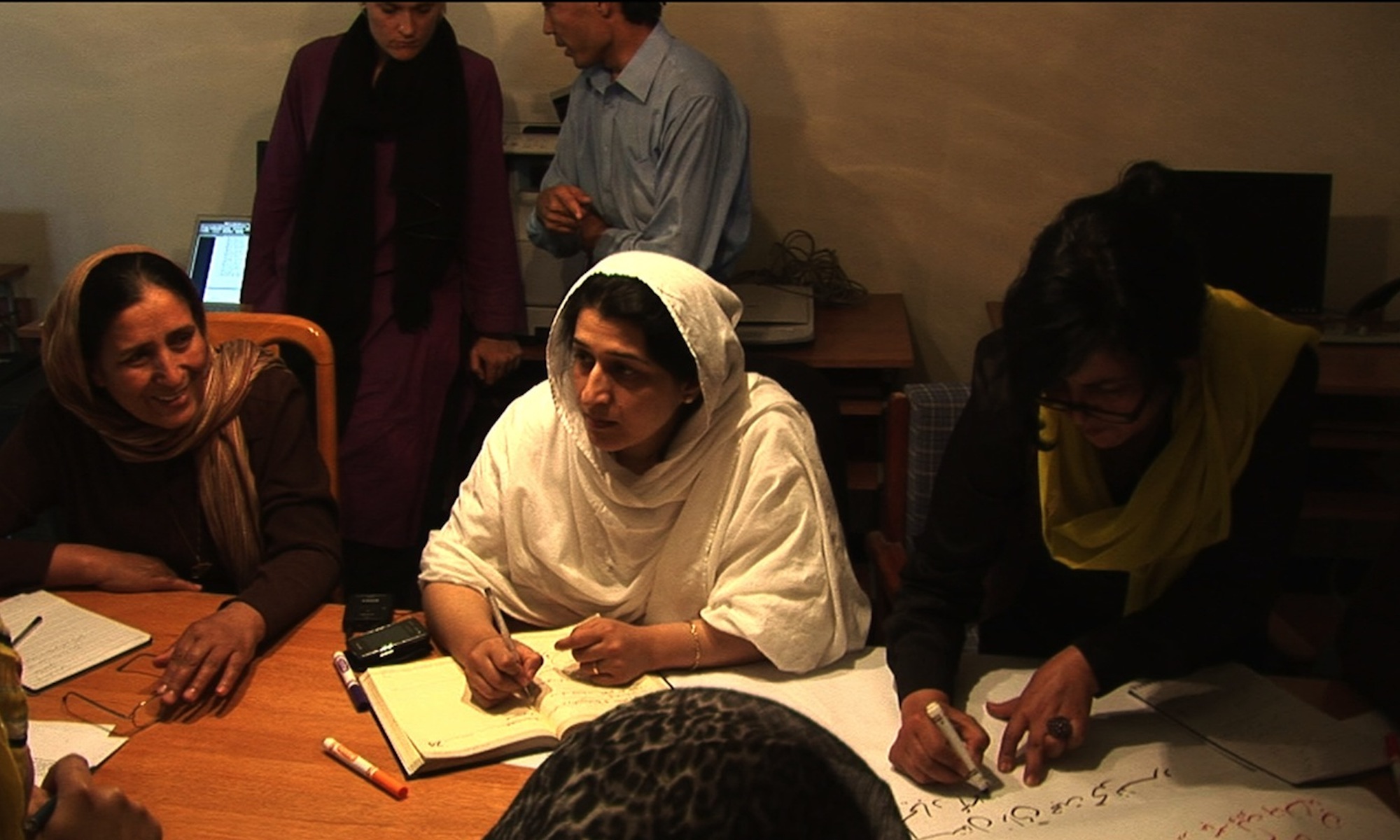This article critically examines the notion that wealth sharing in the aftermath of internal armed conflicts can bring about long-lasting peace. While wealth sharing is increasingly considered a crucial element of peacebuilding, the evidence concerning its success is inconclusive. Previous studies unfortunately suffer from weak theoretical and empirical definitions of wealth sharing and from examining only a subset of postconflict societies. This article improves the research by disaggregating the concept of wealth sharing to concrete policy relevant natural resource management tools and by introducing new and better data on wealth sharing and including more postconflict peace periods than previous studies. This article examines the relationships between armed conflict, wealth sharing and peace by studying two independent but interlinked research questions: In which postconflict societies is wealth sharing most likely to be adopted? And can wealth sharing bring stable peace in postconflict societies? The analyses show that wealth sharing is more likely to be implemented after natural resource conflicts. Nonetheless, the article does not find that wealth sharing is successful in bringing postconflict peace after these conflicts. Reasons for this can be that (1) other factors than wealth sharing explain the outcome better, and (2) the wealth sharing policies are poorly designed and implemented. The article concludes that wealth sharing can only be a suitable path for societies recovering from armed conflict if such policies are carefully designed to fit the specific context and take into account the challenges that will arrive.
This article introduces a new dataset on post-conflict justice (PCJ) that provides an overview of if, where, and how post-conflict countries address the wrongdoings committed in association with previous armed conflict. Motivated by the literature on post-conflict peacebuilding, we study justice processes during post-conflict transitions. We examine: which countries choose to implement PCJ; where PCJ is implemented; and which measures are taken in post-conflict societies to address past abuse. Featuring justice and accountability processes, our dataset focuses solely on possible options to address wrongdoings that are implemented following and relating to a given armed conflict. These data allow scholars to address hypotheses regarding justice following war and the effect that these institutions have on transitions to peace. This new dataset includes all extrasystemic, internationalized internal, and internal armed conflicts from 1946 to 2006, with at least 25 annual battle-related deaths as coded by the UCDP/PRIO Armed Conflict Dataset. The post-conflict justice (PCJ) efforts included are: trials, truth commissions, reparations, amnesties, purges, and exiles. By building upon the UCDP/PRIO Armed Conflict Dataset, scholars interested in PCJ can include variables regarding the nature of the conflict itself to test how PCJ arrangements work in different environments in order to better address the relationships between justice, truth, and peace in the post-conflict period.
